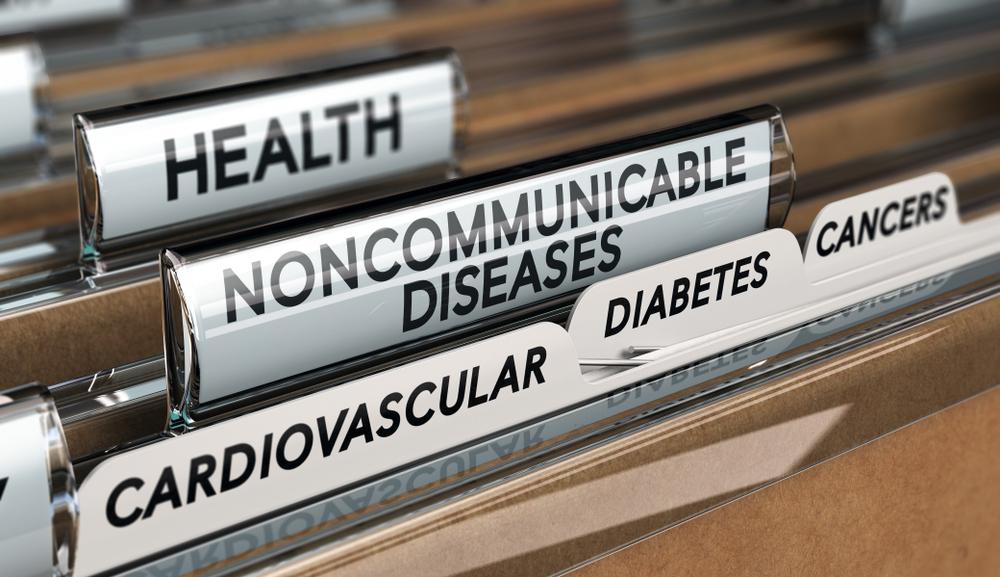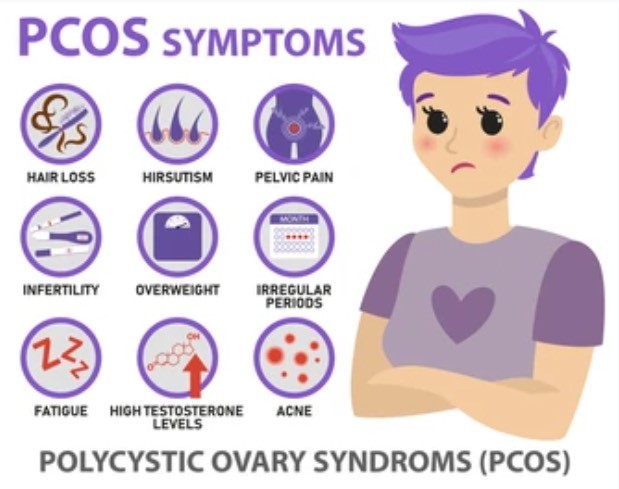The main finding is that health services are partially or completely disrupted in many countries. More than half (53%) of the countries surveyed have partially or completely disrupted services for hypertension treatment; 49% for treatment for diabetes and diabetes-related complications; 42% for cancer treatment, and 31% for cardiovascular emergencies.
Rehabilitation services are disrupted in almost two-thirds (63%) of nations, albeit rehabilitation is vital to a healthy recovery following a severe illness from COVID-19.
In the majority (94%) of nations responding, the ministry of health staff working within the area of Non-Communicable Diseases (NCDs) were partially or fully reassigned to support COVID-19.
The postponement of public screening programs (for example for breast and cervical cancer) was also widespread, reported by quite 50% of nations. This was according to initial WHO recommendations to attenuate non-urgent facility-based care whilst tackling the pandemic.
But the foremost common reasons for discontinuing or reducing services were cancellations of planned treatments, a decrease in public transport available, and a scarcity of staff because doctors had been reassigned to support COVID-19 services. In one in five countries (20%) reporting disruptions, one of the main reasons for discontinuing services was a shortage of medicines, diagnostics, and other technologies.
Unsurprisingly, there appears to be a correlation between levels of disruption to services for treating NCDs and therefore the evolution of the COVID-19 outbreak during a country. Services become increasingly disrupted as a rustic move from sporadic cases to community transmission of the coronavirus.
Globally, two-thirds of countries reported that they had included NCD services in their national COVID-19 preparedness and response plans; 72% of high-income countries reported inclusion compared to 42% of low-income countries. Services to deal with disorder, cancer, diabetes, and chronic respiratory illness were the foremost frequently included. Dental services, rehabilitation, and tobacco cessation activities weren't as widely included in response plans consistent with country reports.
Seventeen percent of nations reporting has begun to allocate additional funding from the government budget to incorporate the supply of NCD services in their national COVID-19 plan.
Reference
https://www.who.int/news-room/detail/01-06-2020-covid-19-significantly-impacts-health-services-for-noncommunicable-diseases


